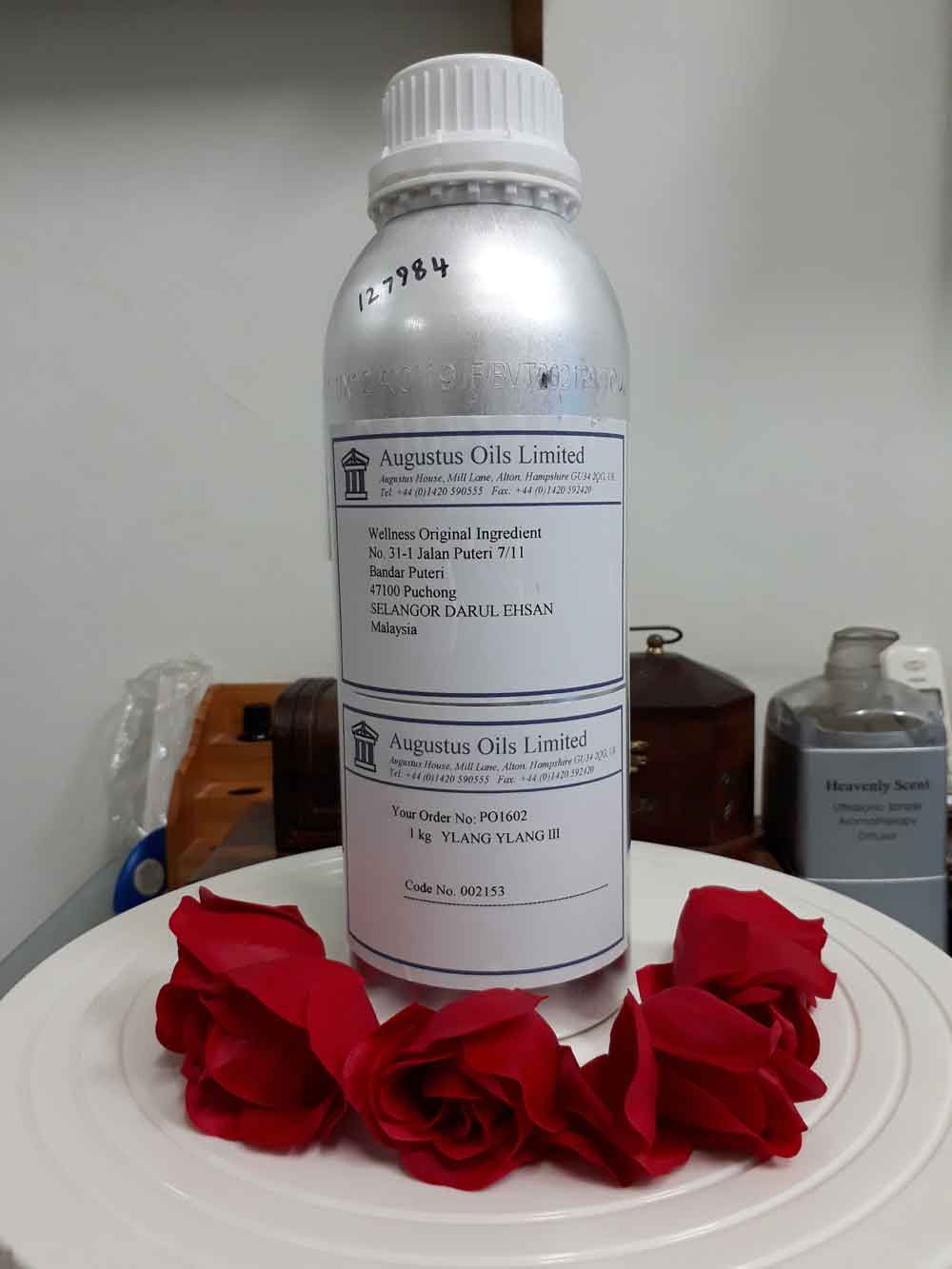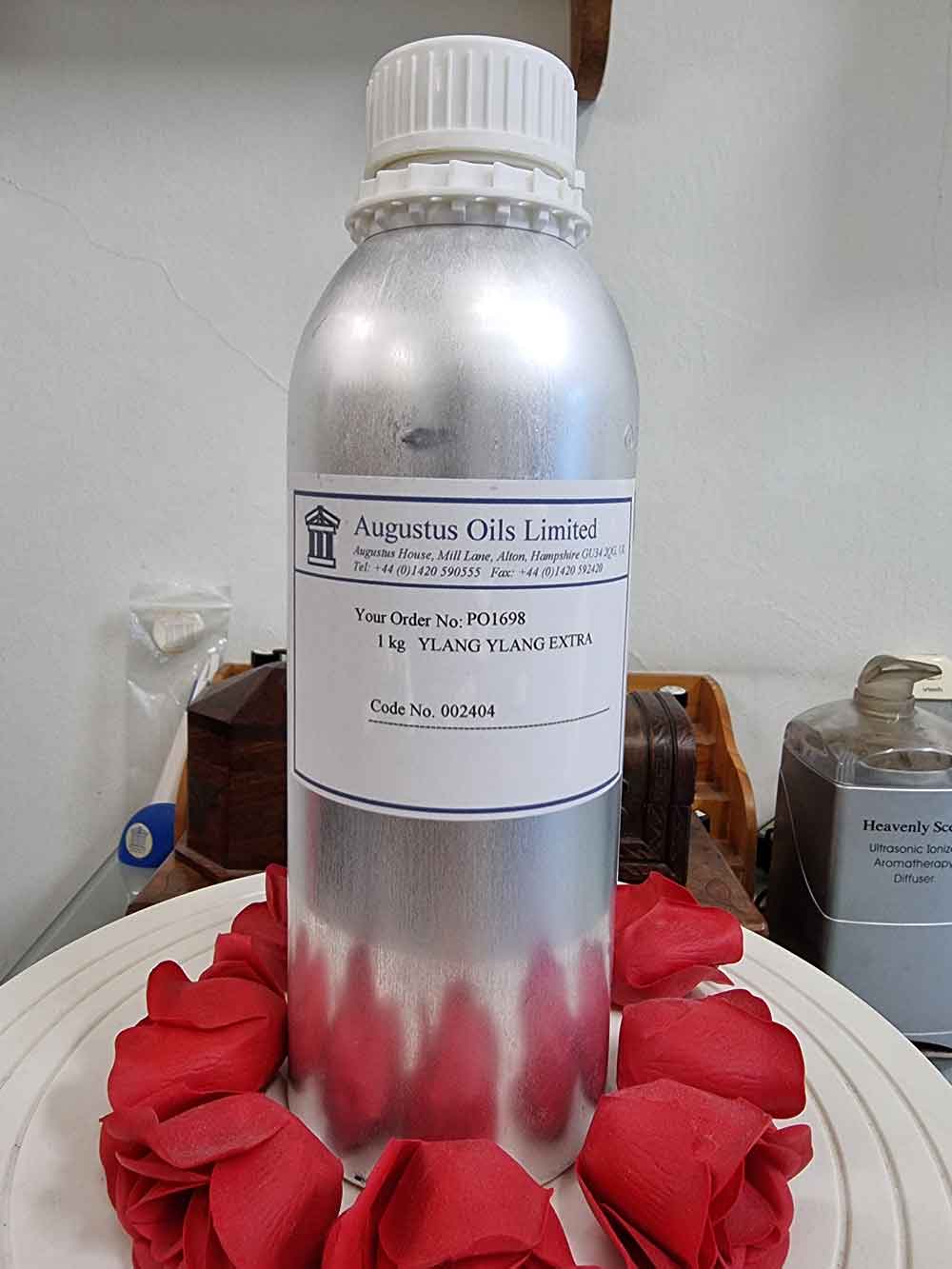What is the difference between Ylang Ylang III and Ylang Ylang Extra?
Learn about the difference between Ylang Ylang III and Ylang Ylang Extra.
Ylang Ylang oil, famously derived from the flowers of the Cananga tree (Cananga odorata), is a cornerstone in the world of aromatherapy and perfumery. This exotic oil, known for its sweet, floral fragrance, comes in several grades, primarily Ylang Ylang III and Ylang Ylang Extra, each catering to different uses and preferences.
The primary difference between Ylang Ylang III oil and Ylang Ylang Extra oil lies in their distillation process and consequent compositional nuances. Ylang Ylang Essential Oil is extracted through steam distillation of the fresh flowers. This essential oil is then classified into different grades based on the stages of distillation. The differences between these grades are primarily due to the distillation process and the resulting scent profile.
Ylang Ylang III is obtained from the latter stages (after Ylang Ylang Extra and Ylang Ylang I and II have been separated) of the distillation process. Due to the longer distillation time, it exhibits a heavier, less delicate aroma compared to its counterparts. This grade has a slightly more robust, earthy fragrance and holds a deeper yellow hue. Ylang Ylang III is often employed in perfumery as a base note due to its rich, warm scent that can help anchor more volatile top notes. Its therapeutic uses include balancing sebum production in the skin and hair, making it a popular ingredient in skincare formulations for oily complexions.
Ylang Ylang Extra, on the other hand, is derived from the very first hour of the distillation process. This initial extraction yields an oil with a more intense, highly refined floral aroma that is highly prized in high-end perfumery. Its scent is complex, featuring a strikingly sweet and heady floral profile with hints of banana and neroli. Ylang Ylang Extra's lighter, more sophisticated aroma makes it ideal for top and middle notes in perfumery. Therapeutically, it is renowned for its mood-enhancing properties and is often used in aromatherapy to alleviate stress, anxiety, and depression.
In essence, while both Ylang Ylang III and Ylang Ylang Extra oils are derived from the same floral source, their distinctions in distillation times and aromatic profiles make them suited for different applications, whether in perfumery, skincare, or aromatherapy.

